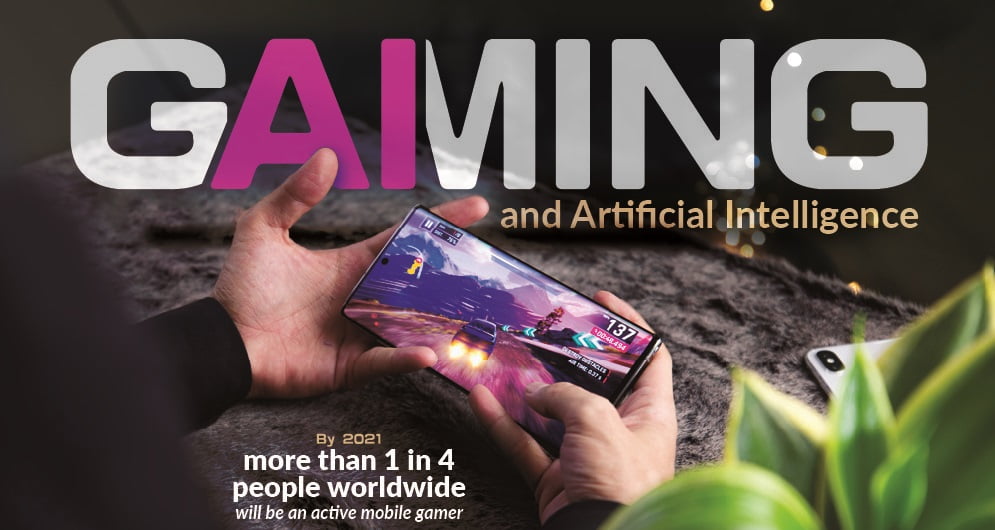As data scientists enhance artificial intelligence (AI), gaming will see more advancements, as well. Eventually, games will be built from scratch, completely by AI, have characters that learn and grow like humans, and games will be used to help professionals advance in their real jobs. For example, OpenAI’s Universe Program let’s self-driving car developers train their AI algorithms by playing Grand Theft Auto.
In the near future, mobile gaming will skyrocket: financially and numerically. Today, 25% of iOS apps are games, but what will this statistic be in 2021 when consumer spending on mobile games will reach $90 billion? Even more, over 1 in 4 people worldwide will be an active gamer by this same year.
Gaming essentially drives technology. The more we game, the more reason technology has to enhance its capabilities – and engagement with mobile games increases by 10% every year. Unbeknownst to most, mobile games brought augmented reality technology to the forefront. Today, 53% play mobile AR games, and 81% of American gamers have played with AR at least more than once.
More specifically, gaming drives AI innovation. Machine learning can be used outside of training self-driving car algorithms. For example, Microsoft’s Project Malmo uses Minecraft to test its AI’s ability to navigate the world and collaborate. Google’s DeepMind uses AI, as well, having set its AlphaStar AI loose in StarCraft II to test its ability to learn with nothing but reinforcement algorithms. As a result, AlphaStar is capable of beating 99.8% of human opponents.
Take it from Greg Brockman, Co-founder of OpenAI, “If it takes a human between 12,000 and 20,000 hours of practice to master a certain skill, then the bots burn through ‘100 human lifetimes of experience every single day’.” Continue reading to find more information on the role of AI in the gaming industry:


